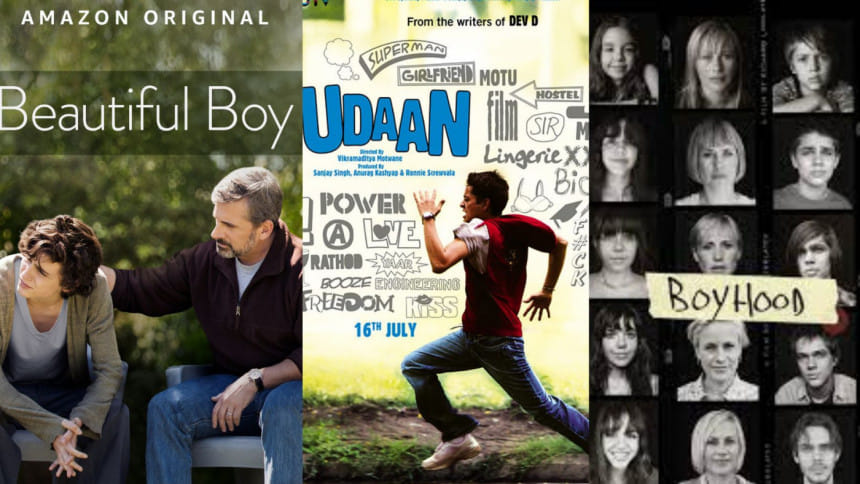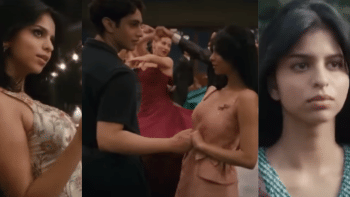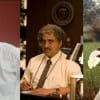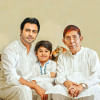Filmy Fathers: the evolving portrayal of fatherhood in cinema

Cinema has long been a mirror, reflecting the intricacies of our society, capturing the essence of human experiences and emotions. Over the years, the portrayal of fatherhood in films has transformed significantly, moving away from the archetypal depiction of the distant, authoritarian figure. This article delves into the evolution of fatherhood portrayals in cinema, exploring the power of storytelling to challenge stereotypes and celebrate the diversity of paternal experiences.
Based on a true story, "A Beautiful Boy" (2018) follows the heartbreaking journey of a father, David, as he watches his son, Nic, battle addiction. The film captures the profound love, helplessness, and relentless pursuit of hope that a father experiences in the face of his child's struggles. By humanizing the struggles of addiction, the film emphasizes the importance of compassion, patience, and unconditional support in the realm of fatherhood.
The portrayal of fathers in cinema has also contributed to a re-evaluation of traditional masculinity. Films like "Boyhood" (2014) challenge conventional gender norms by presenting fathers who are sensitive, emotionally expressive, and non-conformist.
These movies celebrate a new brand of masculinity, emphasizing the importance of vulnerability and emotional intelligence in parenting. "Boyhood" takes an innovative approach by chronicling the life of a boy, Mason, from childhood to adolescence, portraying the complex relationship he shares with his father. Through the film's unique narrative structure, it explores the evolving dynamics between father and son, encapsulating the challenges of parenthood, personal growth, and the bittersweet passage of time. The film demonstrates that fatherhood is an ongoing journey of learning, adapting, and striving to provide a stable foundation for a child's growth.
"Udaan" (2010) weaves a poignant tale of a young boy, Rohan, and his strained relationship with his authoritarian father Bhairav Singh. The film delves into the complexities of fatherhood, highlighting the clash between traditional values and the desire for personal growth. Udaan equally focuses on both Rohan and Bhairav Singh highlighting the fact that it is not easy to rectify someone who is so unwilling to accept that he was a victim of a system that was never questioned. One will have to break the chain to make it happen.
When Rohan literally runs away from his home as his father Bhairav Singh chases him down the street, the background score has a rhythmic beat and that beat stops for a couple of seconds to indicate the defeat of Bhairav Singh. It exposes the vulnerability and the inherent need for understanding in the father-son dynamic, challenging societal expectations while showcasing the potential for redemption and reconciliation.
The portrayal of fatherhood in cinema has evolved significantly over the years, offering a rich tapestry of narratives that challenge stereotypes, celebrate diversity, explore the complexities of paternal experiences, and embrace vulnerability. By presenting fathers as complex and emotionally engaged individuals, cinema contributes to a more inclusive and accurate understanding of fatherhood and reminds us that fatherhood is a deeply human experience, worthy of celebration and exploration.

 For all latest news, follow The Daily Star's Google News channel.
For all latest news, follow The Daily Star's Google News channel. 









Comments